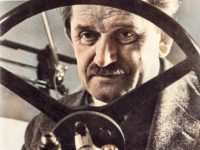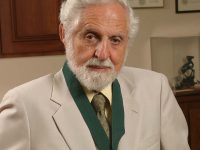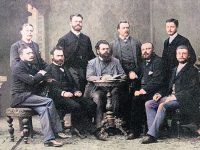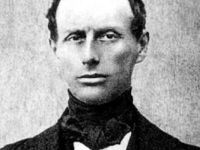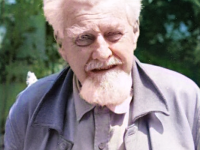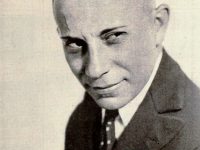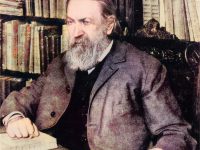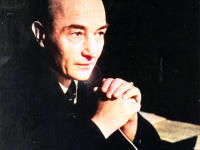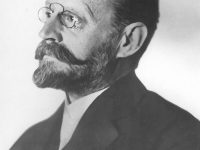Ferdinand Porsche – Innovation as a Principle
On September 3, 1875, Austrian-German automotive engineer Ferdinand Porsche was born. He is best known for creating the first hybrid vehicle (gasoline-electric), the Volkswagen Beetle, as well as the first of many Porsche automobiles. Porsche designed the 1923 Benz Tropfenwagen, which was the first race car with mid-engine, rear-wheel drive layout. “If one does not fail at times, then one has not challenged himself.” (Ferdinand Porsche) Ferdinand Porsche Background Today, Porsche is…
Read more

